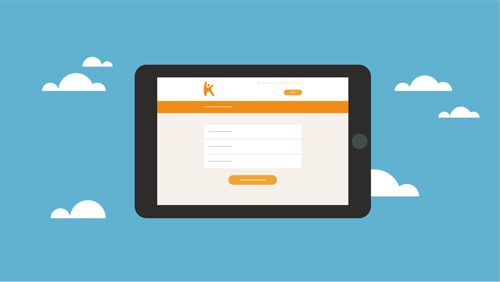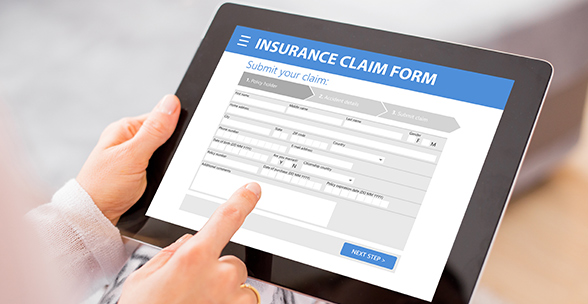Server-Based vs Cloud-Based Practice Management Systems: Which Provides the Best Security for Your Independent Practice?
 When you are choosing a practice management system for your independent practice, you have two main options to consider.
When you are choosing a practice management system for your independent practice, you have two main options to consider. ![]()
Your first option is a server-based system, where you manage your patient's data in-house on local servers, with all of the maintenance, security, and upgrades (both software and hardware) handled by you. Your second option is a cloud-based system, where your practice's data is stored externally, outside of the office, accessible via the Internet. Each has their pros and cons, and which option offers better security has been a highly debated topic. Let's take a closer look at this issue.
With a server-based system requiring an in-house server, the responsibility of security falls squarely on you, the provider. Maintaining a secure location, firewalls, and backups are just the start. Disaster recovery plans must also be in place to protect patient data, which could be compromised in the event of fire, flood, tornado, or other natural disaster. In fact, more than 50% of businesses that need data recovery say it’s as a result of a weather event.
Backups for client-server records are also vulnerable to breach in transport to storage facilities. Even worse, server-based systems are often left unencrypted and only as secure as the room where they are stored, leaving them at risk of data compromise or even physical removal and theft. Having your records stored on-site may increase your control over the data, but it also leaves you susceptible to data loss should the server hard drive crash or the data become corrupted. This means that to ensure the security of their records, practices with server-based systems need to maintain an IT staff, including IT security personnel, in order to protect patient data and maintain seamless operations in the event of possible compromises.
With a cloud-based practice management system, all of these issues are resolved. Your practice’s data lives safely in a virtual location. Cloud systems achieve HIPAA compliance through data centers with bank-level security and high-level encryption methods that render data unreadable, even if a security breach occurs. Host companies also have deep technical support available 24x7x365, something most independent practices are unable to afford.
Storing information in the cloud also often means greater protections for practices in the event of a catastrophe, since cloud-based data is safely backed up in multiple locations. If a disaster hits, you can still access your data from any Internet-enabled computer. The practice's records can easily be exchanged and retrieved. You can contact patients to reschedule appointments and continue processing claims with no disruption to workflow even if your physical location is unavailable. All of this happens without the need for you to remember to backup your data.
A great deal of sensitive data is already stored in the cloud, everything from our shopping and social media to our banking. As cloud-based systems becomes more common in everyday life, independent practices are becoming more comfortable with putting this technology to use for storing and maintaining their own data. And, with the secure environment provided by these cloud technologies, it is clear to see why more and more practices are choosing the convenience and affordability of the cloud over a server-based system.




















